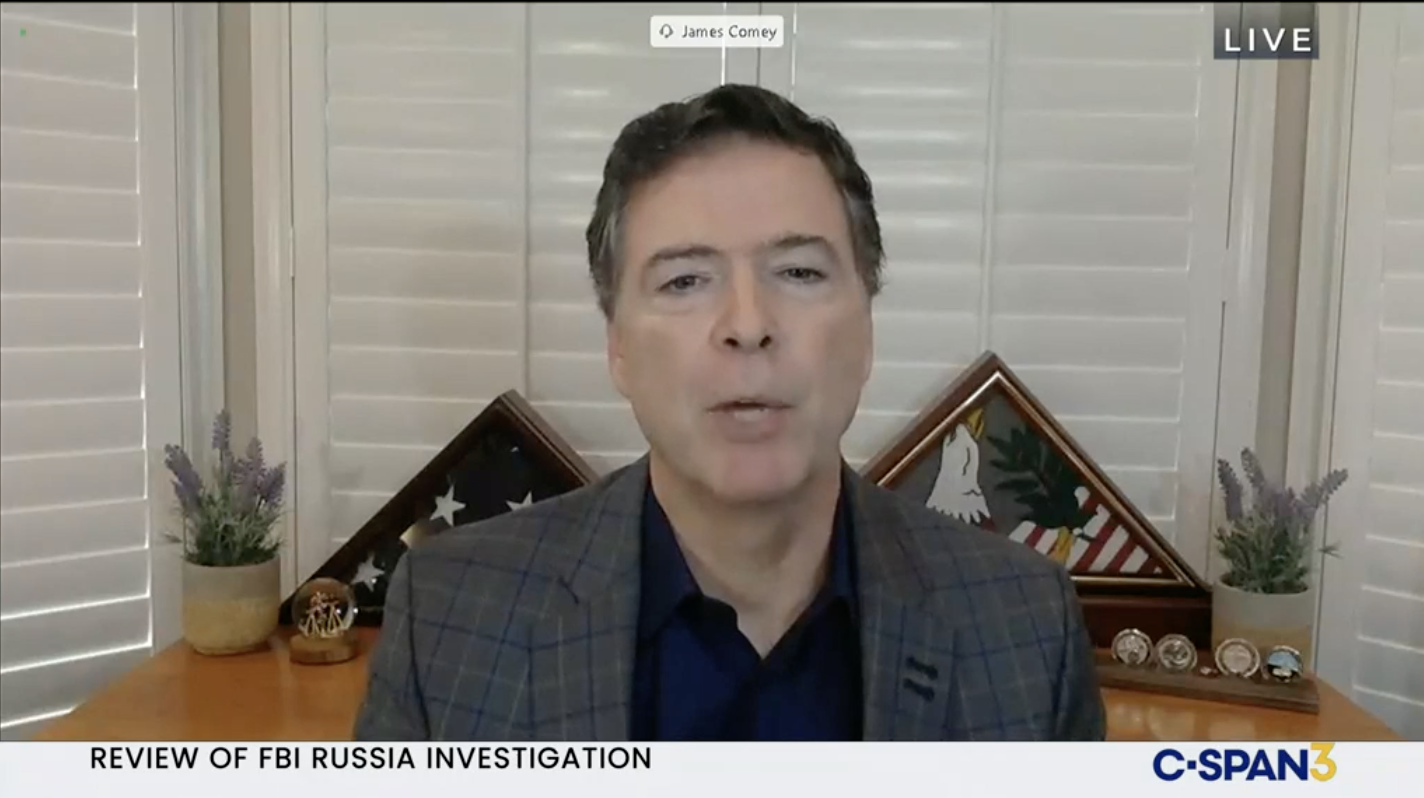How Right Wingers Rushed to DEI Hire Pete Hegseth
Pete Hegseth is wildly unqualified to run DOD. He described yesterday the most people he had ever supervised was 100. The non-profit budgets that went broke under his stewardship were in the $10 million range. He has never supervised an audit yet claims he’ll be the guy who finally ensures the Pentagon passes one.
Roger Wicker seemed certain that Hegseth wasn’t man enough to withstand a second round of questioning — a concession that Hegseth is weaker than Hillary Clinton, I guess, since she once sat for 11 hours of questioning.
As such a manifestly unqualified candidate, his increasingly certain confirmation to be Defense Secretary is the quintessential DEI hire, someone hired for his culture and identity rather than his qualifications. The hiring of someone for who he is and not any qualifications he might have is precisely what right wingers have been leading jihads against for years. And yet the entire MAGA world is rushing headlong to install a guy with no qualifications to run DOD.
To be sure, Hegseth is qualified for a few things Trump wants from him. He made it clear yesterday he’ll implement unlawful orders from Trump, including to use the military to support Trump’s mass deportations or to shoot protestors. And he’ll defend those service members who implement those unlawful orders loudly and shamelessly. That’s what Trump saw Hegseth doing on Fox News. That’s why he got hired.
The how of all this — which Rebecca Traitster laid out here — matters.
Sure, Hegseth has worked on cultivating the three women Senators who might oppose him: Joni Ernst, Susan Collins, and Lisa Murkowski. In her statement announcing she will support him, Joni Ernst listed the concessions on women in the military — and that audit Hegseth has no qualifications to deliver.
After four years of weakness in the White House, Americans deserve a strong Secretary of Defense,” said Senator Joni Ernst. “Our next commander in chief selected Pete Hegseth to serve in this role, and after our conversations, hearing from Iowans, and doing my job as a United States Senator, I will support President Trump’s pick for Secretary of Defense. As I serve on the Armed Services Committee, I will work with Pete to create the most lethal fighting force and hold him to his commitments of auditing the Pentagon, ensuring opportunity for women in combat while maintaining high standards, and selecting a senior official to address and prevent sexual assault in the ranks.
After a campaign threatening unlimited donations to ouster her, Hegseth has given Ernst the cover she’ll need to take a vote that she must know is an abdication of her constitutional duty to advise and consent.
But Hegseth pointedly did not meet with any Democrat but Ranking Member Jack Reed (who excoriated his lack of qualifications in an opening statement).
When Democrats asked Hegseth about allegations of sexual misconduct or alcohol abuse, Hegseth never denied any of it; he simply said those were anonymous smears (even when Tim Kaine and Mark Kelly noted there are names attached to some of these allegations)
When Kelly asked Hegseth if he had been under oath when providing those answers, Hegseth again attacked the claims.
When Democrats asked Hegseth if such behavior would disqualify him — which should have elicited a commitment that if and when he is proven to be a drunk or a philanderer going forward, he’d have to step down — he refused to answer.
Tammy Duckworth asked a number of pointed questions (including about whether he had led an audit), including what international negotiations the Secretary of Defense conducts and whether he could name an ASEAN country (apparently Hegseth was so poorly prepared to answer Democrats’ questions, no one thought to warn him Duckworth might ask questions about Thailand, where she was born to an American service member father). Hegseth could only think of South Korea, Japan, and Australia among our allies in the region, none of which is in ASEAN.
Republicans dismissed his bumbling responses by noting that ASEAN is not a military alliance. Democrats did not note, in return, that that nevertheless betrays ignorance about the Philippines, a country at the center of our conflict with China, something that Hegseth (and every Republican on the committee) claim is a paramount concern.
With just a few exceptions, though, Democrats failed to do what they needed to do to create a video confrontation the likes of which might make an effective response to ads (above) already running in Iowa that might dissuade Republicans from supporting him or — when and if his incompetence blows up and harms the US — holds them accountable for their abdication of duty.
WSJ’s editorial board, which would love to find a way to get someone more competent, deemed Tim Kaine’s questioning about Hegseth’s lack of transparency about a sexual assault allegation documented in a police report to be the most effective.
The most effective Democratic questioning came from Virginia’s Tim Kaine, who wanted to know why Mr. Hegseth didn’t disclose to the Trump team a settlement he paid to a woman who accused him of sexual assault. Mr. Hegseth kept saying he was “falsely charged” but never answered the question.
This is right: Democrats need to focus their opposition in a way that it would incur a cost for Republicans. Painting Hegseth as a guy who kept secrets from Trump is a more effective way of hitting his transparency failures than painting the public as a victim. And when they asked about Hegseth’s more fundamental disqualifications — his unwillingness to back the Geneva Conventions, for example — Democrats failed to explain the impact of that, an invitation for others to torture American service members.
Kaine also released the most effective summary of the hearing — a screen cap showing a Republican prop complaining about lowered standards purportedly tied to diversity that misspelled military.
Republicans claim to oppose “DEI” because it lowers standards. At the same time, at a time when DOD increasingly has to rely on a second chance program that Hegseth endorsed to qualify (disproportionately male) candidates with physical, educational, or legal disqualifications, they’re rushing to install someone whose disqualifications may do real damage, even assuming America’s adversaries don’t find a way to use them to compromise the Defense Secretary.
And now, having capitulated to Trump’s demand to install someone who is so obviously unqualified to lead DOD, it’ll make it easier for Republicans to confirm Tulsi Gabbard and RFK Jr. You’ve already put the good of the country behind loyalty to Trump.
Trump and his allies bullied the Senate into backing a DEI Christian Nationalist, one who himself backs DEI for (ha!) fat men with criminal records.
The dynamic needs to be laid out clearly: When pushed, Republicans did precisely what they claim to oppose. They chose to make the US less secure because Trump demanded personal loyalty over loyalty to country.
Update: I made a picture to explain why Hegseth’s utter ignorance about ASEAN matters.





